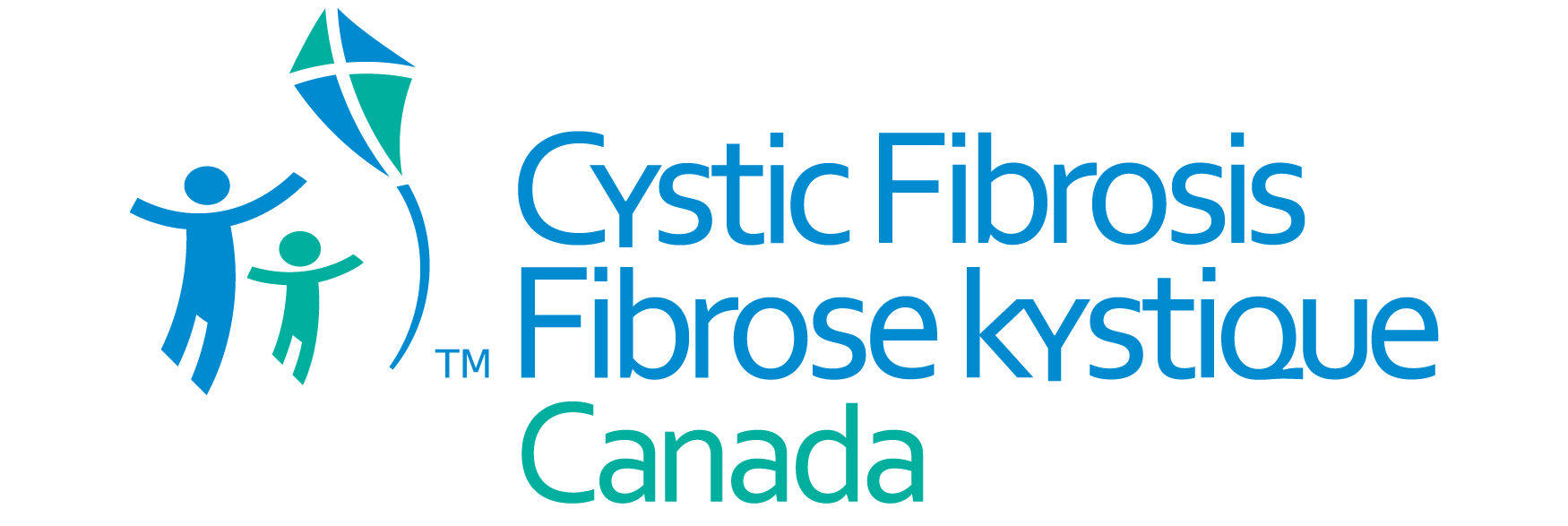Improving equitable access to clinical trials in Quebec
February 14, 2025Share this:

Clinical trials offer people living with cystic fibrosis an opportunity to contribute to research advancements, help others living with cystic fibrosis and access potential new therapies before they become widely available.
Cystic Fibrosis Canada’s clinical trials network, CF CanACT (FK ÉCLAIR), helps to bring clinical trials to Canadians living with CF by operating clinical trial sites across the country. In Quebec, both adult and paediatric sites are available in Montreal and Quebec City. Like all CF CanACT sites, these locations also accept patient referrals from other areas, providing access to clinical trials locations for participants across Canada, regardless of where they live.
In a clinical trial for potential new drug or device, researchers look at the body’s response with and without that intervention to assess whether it helps people with cystic fibrosis. They can test things like lung function (by spirometry), sweat chloride levels, and sputum microbiology and many other clinical assessments that you may also be familiar with from routine clinic visits. Clinical trials can also assess any difference in participants’ response to an intervention compared to a placebo. Researchers often look for answers to questions like: Does the drug or device make people with cystic fibrosis feel better and breathe easier? Are they able to do normal daily activities easier? Do they feel happier or more sad? The most common tool used to capture these insights is the Cystic Fibrosis Questionnaire-Revised (CFQ-R). If you have ever participated in a clinical trial, you may have completed this questionnaire. It is a standardized tool that is used around the world in most cystic fibrosis clinical trials and has been translated into many different languages and validated so that it is understood by patients the same way in each language.
However, for French-speaking participants in Quebec, clinical trial participation has been challenging. The CFQ-R version available in French was developed and validated for speakers in France, where the language and terminology differ significantly from Canadian French. Even the name cystic fibrosis differs as it is known as ‘mucoviscidose’ in France while in Canada the term is ‘fibrose kystque’. Differences in words and meanings in the CFQ-R can create confusion, impacting the participants understanding of the questionnaire and potentially skewing the results. A poor experience may also discourage future participation in a clinical trial.
Canada is a bilingual country, and we must strive to provide the same opportunities for participation for those most comfortable communicating in French, or in English.
Cystic Fibrosis Canada has proudly addressed this challenge, providing translated versions of the CFQ-R to clinic sites across the country, a project made possible through a funding grant from Vertex Pharmaceuticals.
Through this funding, four versions of the CFQ-R, tailored to different age groups, have been translated into Canadian French by certified translators, while also consulting the experts who originally developed the CFQ-R. Each translation underwent rigorous quality checks, including back-translation into English to ensure the meaning and interpretation didn’t change. The updated questionnaires were then piloted with CF clinics in Quebec to confirm clarity, cultural relevance, and accuracy. These newly developed CFQ-R versions are now available for use in future clinical trials involving French speaking Canadians in Quebec, across Canada, and internationally. Cystic Fibrosis Canada is grateful to Vertex Pharmaceuticals for supporting this initiative, marking a significant step toward more equitable clinical trial access for the French-speaking CF community s in Canada.
To learn more about the clinical trial process, or to view a list of CF clinical trials happening in Canada, please visit our clinical trial finder page.
